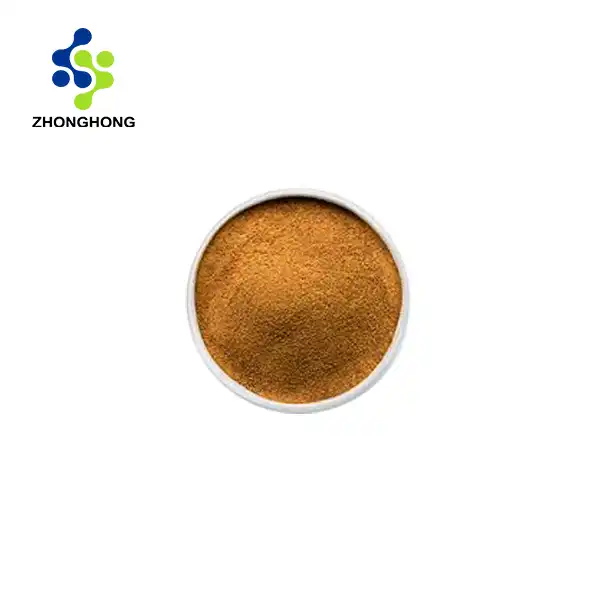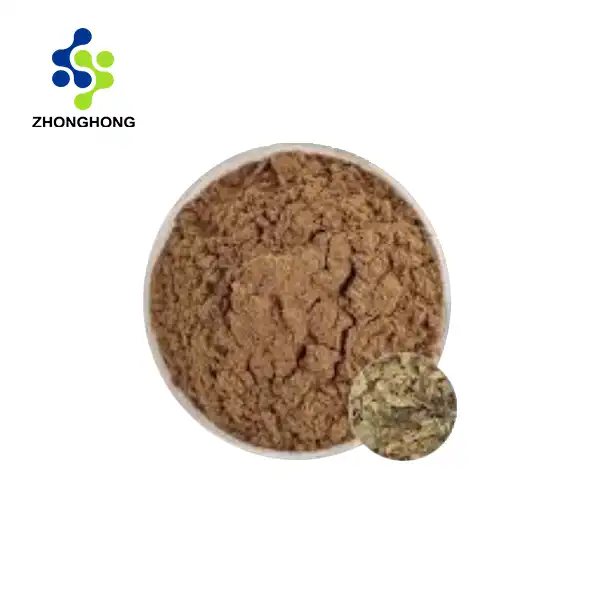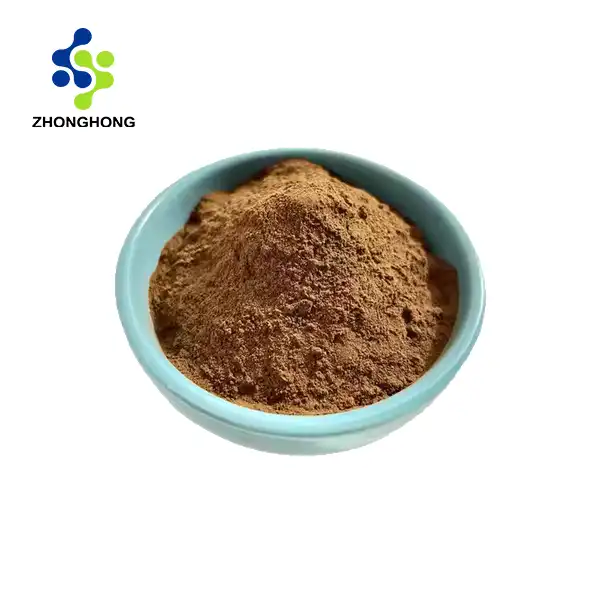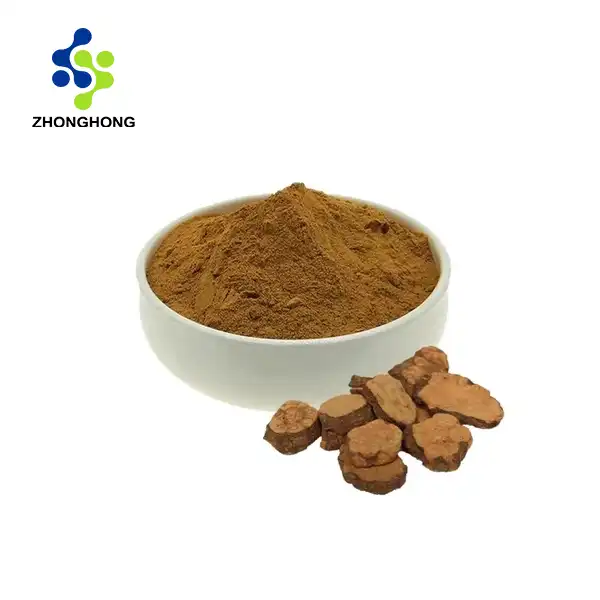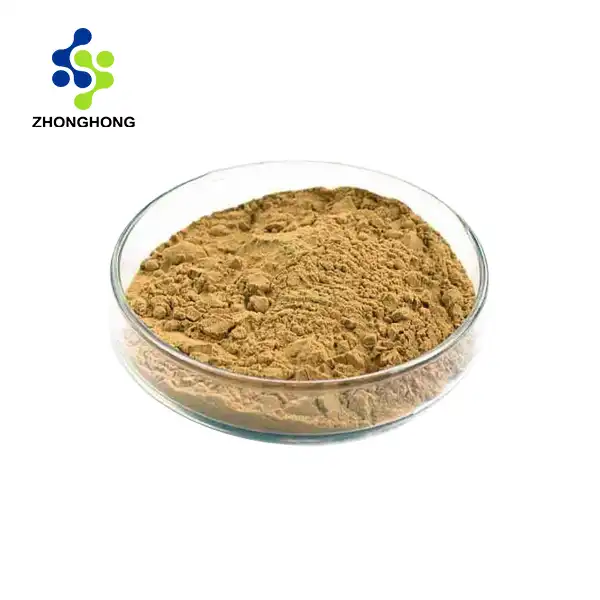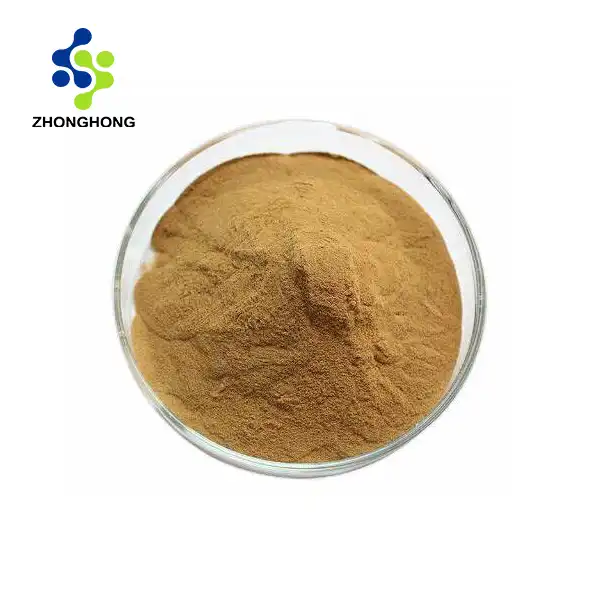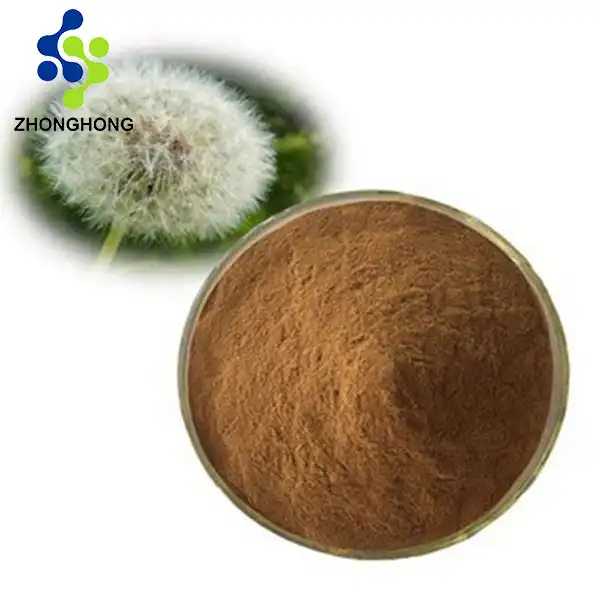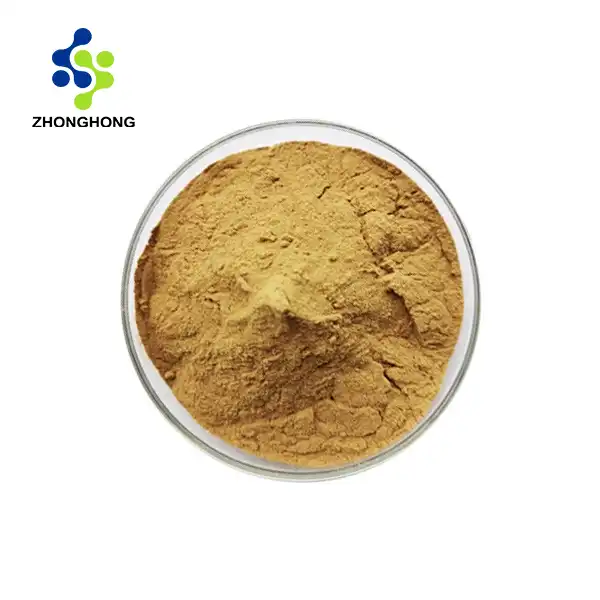HMBCA vs. Other Muscle-Building Supplements: A Comparison
2024-11-19 21:13:13
In the world of fitness and bodybuilding, supplements play a crucial role in helping athletes achieve their goals. Among the myriad of options available, HMBCA (Beta-hydroxy-beta-methylbutyrate calcium) has gained significant attention for its potential muscle-building properties. This article will delve into how HMBCA compares to other popular muscle-building supplements, helping you make an informed decision about which supplement might be right for your fitness journey.
How HMBCA Stacks Up Against BCAAs?
HMBCA and Branched-Chain Amino Acids (BCAAs) are both popular supplements in the fitness community, but they work in different ways to support muscle growth and recovery.
HMBCA, a metabolite of the amino acid leucine, is renowned for its anti-catabolic properties. It helps prevent muscle protein breakdown, which is especially beneficial during intense training periods or calorie-restricted diets. HMBCA has been shown to:
- Reduce muscle damage during exercise
- Enhance recovery after workouts
- Potentially increase lean muscle mass
- Improve strength gains in untrained individuals
BCAAs, on the other hand, consist of three essential amino acids: leucine, isoleucine, and valine. They are primarily known for:
- Stimulating muscle protein synthesis
- Reducing exercise-induced fatigue
- Supporting muscle recovery
- Potentially reducing muscle soreness
While both supplements have their merits, HMBCA might have an edge when it comes to preventing muscle breakdown, particularly during periods of intense training or calorie restriction. However, BCAAs could be more beneficial for reducing fatigue during workouts and supporting overall muscle recovery.
Comparing HMBCA with Creatine and Glutamine
Creatine and glutamine are two other widely used supplements in the fitness world. Let's see how HMBCA measures up against these popular options.
HMBCA vs. Creatine:
Creatine is perhaps the most studied and proven supplement for improving muscle strength and size. It works by:
- Increasing phosphocreatine stores in muscles
- Enhancing ATP production for improved performance
- Boosting muscle cell hydration
- Potentially increasing muscle fiber size
While creatine is excellent for improving strength and power output, HMBCA shines in its ability to prevent muscle breakdown. This makes HMBCA particularly useful for endurance athletes or those in a calorie deficit, whereas creatine might be more beneficial for those focusing on strength and power gains.
HMBCA vs. Glutamine:
Glutamine is the most abundant amino acid in the body and is often supplemented for its potential benefits in:
- Supporting immune function
- Aiding in muscle recovery
- Potentially reducing muscle soreness
- Supporting gut health
While glutamine has its place in overall health and recovery, the evidence for its direct impact on muscle growth is mixed. HMBCA, with its more targeted approach to preventing muscle breakdown, might be more effective for those specifically looking to preserve or build muscle mass. It's worth noting that HMBCA's effects are more pronounced in untrained individuals or those returning to training after a break. For seasoned athletes, the benefits might be less noticeable compared to creatine or even glutamine.
Choosing the Right Supplement for Your Goals
Selecting the most appropriate supplement depends on your specific fitness goals, training regimen, and individual response to different compounds. Here are some scenarios where each supplement might be most beneficial:
Consider HMBCA if:
- You're new to resistance training or returning after a long break
- You're in a calorie deficit and want to preserve muscle mass
- You're an endurance athlete looking to minimize muscle breakdown during long training sessions
- You're an older adult looking to combat age-related muscle loss
Consider BCAAs if:
- You often train in a fasted state
- You're looking to reduce exercise-induced fatigue
- You want to support muscle recovery between intense training sessions
- You're following a low-protein diet and need extra amino acid support
Consider Creatine if:
- Your primary goal is to increase strength and power output
- You're looking to gain muscle mass and size
- You participate in high-intensity, short-duration activities
- You want a well-researched supplement with proven benefits
Consider Glutamine if:
- You're looking to support overall immune function
- You want to support gut health alongside your fitness goals
- You're engaging in very high-volume training and need extra recovery support
- You're prone to overtraining or frequent illnesses due to intense training
It's important to remember that no supplement is a magic bullet. The effectiveness of any supplement depends on various factors, including your diet, training program, rest, and individual physiology. Always consult with a healthcare professional or a certified nutritionist before starting any new supplement regimen. Moreover, it's crucial to source your supplements from reputable manufacturers to ensure quality and safety. Shaanxi Zhonghong Investment Technology Co., Ltd. is committed to providing high-quality HMBCA and other supplements, backed by rigorous quality control and cutting-edge research.
Conclusion
In conclusion, while HMBCA offers unique benefits, particularly in preventing muscle breakdown, it's not necessarily superior to other supplements in all scenarios. The best approach often involves a combination of supplements tailored to your specific needs and goals. By understanding the strengths and limitations of each supplement, you can make an informed decision and optimize your fitness journey. If you want to get more information about this product, you can contact us at liaodaohai@gmail.com.
References
1. Wilson, J. M., et al. (2013). "Effects of beta-hydroxy-beta-methylbutyrate (HMB) on exercise performance and body composition across varying levels of age, sex, and training experience: A review." Nutrition & Metabolism, 10(1), 6.
2. Holecek, M. (2017). "Beta-hydroxy-beta-methylbutyrate supplementation and skeletal muscle in healthy and muscle-wasting conditions." Journal of Cachexia, Sarcopenia and Muscle, 8(4), 529-541.
3. Kreider, R. B., et al. (2010). "ISSN exercise & sport nutrition review: research & recommendations." Journal of the International Society of Sports Nutrition, 7, 7.
4. Rawson, E. S., & Volek, J. S. (2003). "Effects of creatine supplementation and resistance training on muscle strength and weightlifting performance." The Journal of Strength & Conditioning Research, 17(4), 822-831.
5. Gleeson, M. (2008). "Dosing and efficacy of glutamine supplementation in human exercise and sport training." The Journal of Nutrition, 138(10), 2045S-2049S.
6. Phillips, S. M. (2014). "A brief review of critical processes in exercise-induced muscular hypertrophy." Sports Medicine, 44(1), 71-77.
YOU MAY LIKE
_1728976869676.webp)
